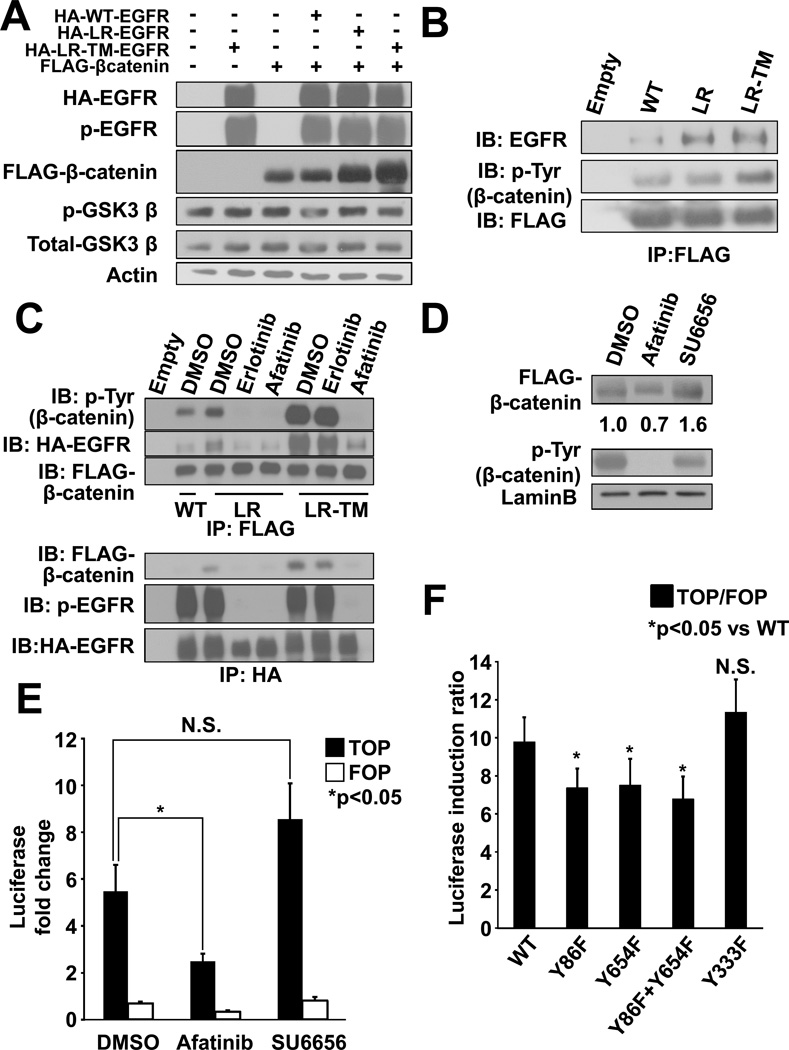Figure 4. EGFR mutants tyrosine-phosphorylate β-catenin and increase expression and activity.
(A) Immunoblots of 293T cell extracts transiently transfected with constructs containing HA-tagged EGFR (wild type [WT], L858R [LR], or L858R-T790M [LR-TM]) and FLAG-tagged β-catenin. (B) Immunoprecipitation (IP) and immunoblot (IB) analyses showing binding of β-catenin and mutant EGFR. (C) IP and IB analyses showing tyrosine-phosphorylation of β-catenin by mutant EGFR. 293T cells were transiently transfected with constructs containing HA-tagged EGFR-L858R-T790M and FLAG-tagged β-catenin and treated with either 0.1% DMSO, 1 µM erlotinib, or 1 µM afatinib. (D) Immunoblots of nuclear extracts from 293T transiently transfected with constructs containing HA-tagged EGFR-L858R-T790M and FLAG-tagged β-catenin. Cells were treated with either 0.1% DMSO, 1 µM afatinib, or 1 µM SU6656. (E) Transactivation of β-catenin measured by luciferase activity. Cells were treated with either 0.1% DMSO, 1 µM afatinib, or 1 µM SU6656. Data represents mean ± standard deviation from three independent experiments. * indicates p ≤ 0.05. N.S.= not significant. (F) Transactivation of β-catenin measured by luciferase activity. A plasmid encoding for WT β-catenin and its tyrosine-to-phenylalanine (Y-to-F) mutants Y86F, Y654F, Y86F-Y654F, and Y333F were transiently transfected with EGFR-L858R-T790M together with either pTOPFLASH or pFOPFLASH plasmids. Data represents mean ± standard deviation from four independent experiments. * indicates p ≤ 0.05. N.S. indicates not significant.

